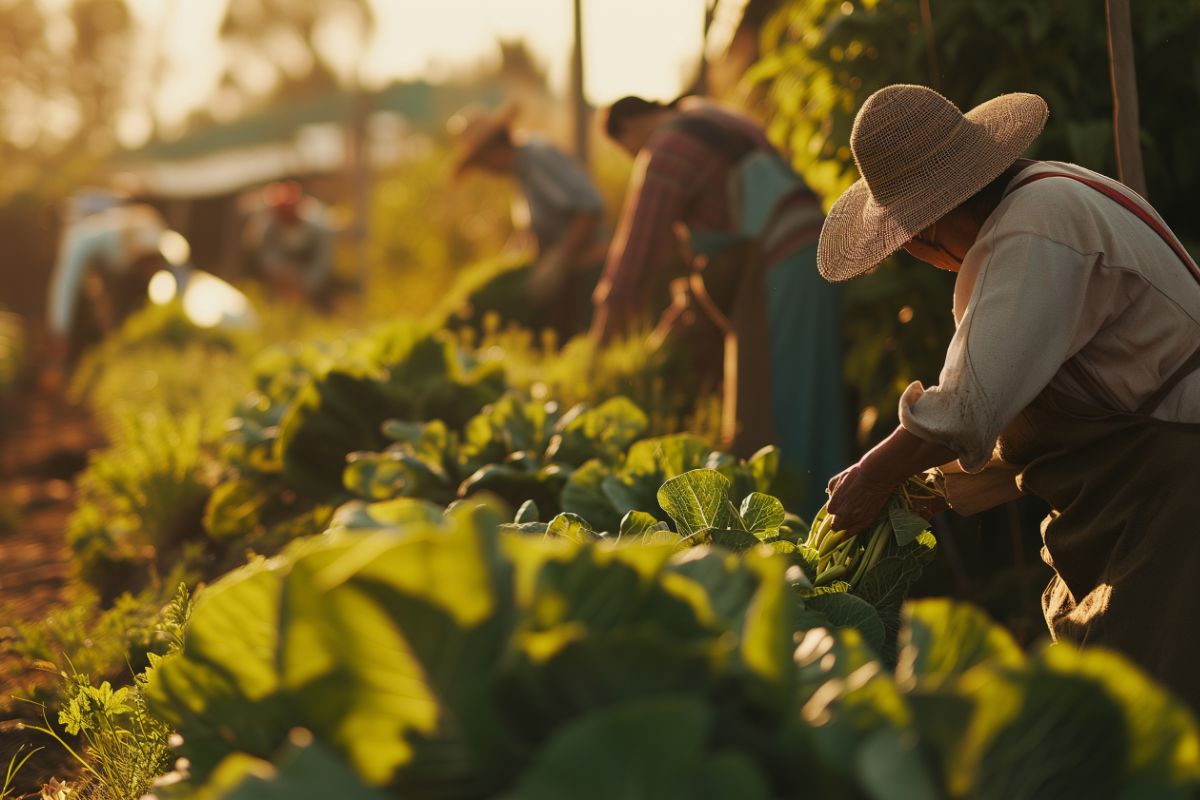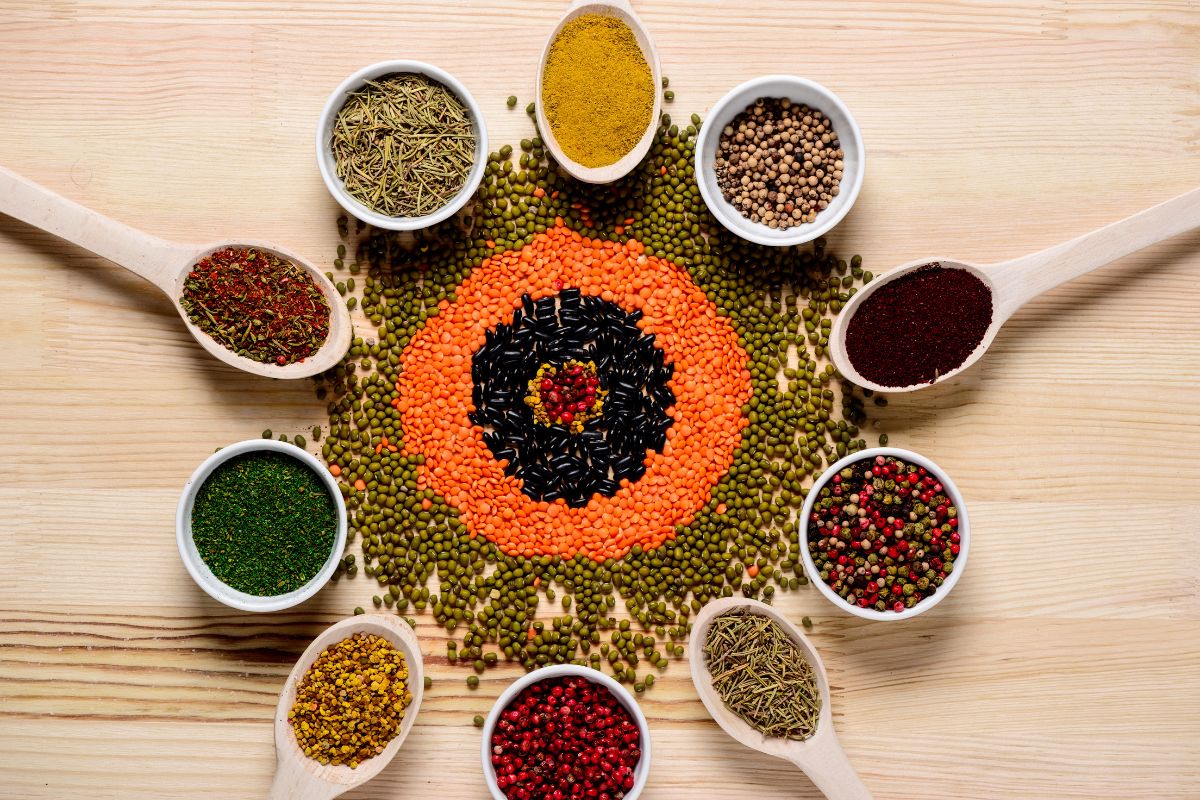Site language:
- © 2025 Shreenath Natural | Website Developed by:
- Jayesh Kanzariya (Knowmycard.com)
No products in the cart.

The tribal farmers of Dang district practice traditional organic farming methods. As these tribal areas are located near fields and hills, the monsoon rains naturally wash down minerals from the hills into these fields every year. Because of this natural process, the grains, fruits, spices, and medicinal plants grown here have a uniquely high mineral content.
We source and present a variety of crops grown in the hilly areas of Dang — the only fully organic district in Gujarat — directly to the people of Rajkot. These products are collected from self-help women’s groups, cooperative Ayurvedic organizations, and the tribal farmers of Dang.
A major part of the Dang district is covered with forests and hills. The medicinal plants that grow naturally in these forests are collected by the local tribal people and supplied to a cooperative organization in Dang that produces Ayurvedic medicines. This organization prepares various traditional Ayurvedic remedies using ancient methods, such as herbal powders and wood-fired medicinal preparations.
During the COVID-19 pandemic, the Ministry of AYUSH procured tablets and herbal powder from this Ayurvedic cooperative and distributed them to the public.


The different forests of Gujarat are home to diverse plant species, which influence the unique flavors of the honey produced in these regions. Beekeeping boxes are placed in these forested areas, and the honey collected by the bees from the local flora results in completely natural honey with distinct tastes. We bring this high-quality honey from a tribal beekeeping center and offer it for sale in Rajkot.
The tribal communities of different parts of Dang district gather medicinal plants from the forests and grow a variety of crops in their fields, including turmeric, black pepper, chilies, ginger, finger millet (ragi), little millet, various types of rice, and stevia (a plant used to make natural sugar-free tablets). These products are supplied to local centers where self-help women’s groups process them into various food products. We source these completely organic products from these centers and sell them in Rajkot.


Thanks to the fresh trend in people trying to take much better care of what they eat, organic veggies have been pushed to the limelight in the recent past. The former refers to foods that are cultivated without the help of synthetic chemicals such as pesticides, herbicides or fertilizer unlike the latter. This insinuates that they endorse better practices of sustainable farming that is environmentally better practices apart from helping to decrease the load of chemical on our bodies. Increased awareness concerning the qualities of the organic vegetables such as nutrition value is making the customers to be in a hurry to get them.
Some nutrients are believed to be found in higher quantities in organically grown vegetables than the non-organically grown vegetables. Studies proposed that analytical results show the quality of organic produce being greater in vitamins, minerals, and antioxidants that are needed for maintaining health and preventing diseases. Organic vegetables are also free from poisonous chemicals in their growth; consuming them can reduce your probabilities of getting diseases such as cancer, hormonal imbalances, and neurological diseases.
Besides, organic agriculture practices are aspects of sustainable agriculture as they help in increasing the availability of bio-diversity, reducing pollution, conserving water, and enhance soil quality. There is an increasing tendency to add organic vegetables to one’s daily diet because of the realization of the impacts that come with the kind of diets that one takes. Next, we will discuss more benefits of the organic vegetable and we will describe why it is useful for the nature and our body.


After previously working in BSNL as a Class 1 officer and despite having a pension income, we engaged in a natural/organic business to stay active and help the Dang tribal farmers.

The incidence of cancer has been rising rapidly. Regular reports in publications like Akila and other media highlight this issue, and excessive use of pesticides could be a major cause. A recent report indicated that the number of cancer patients in Gujarat is now even higher than in Punjab, reflecting the overuse of chemical-based fertilizers.